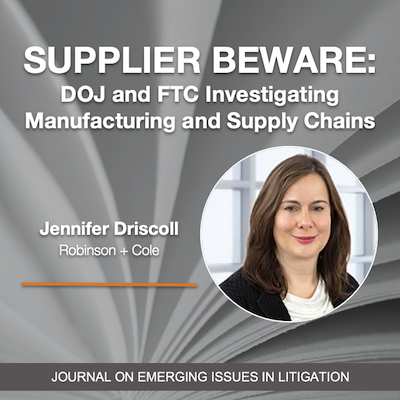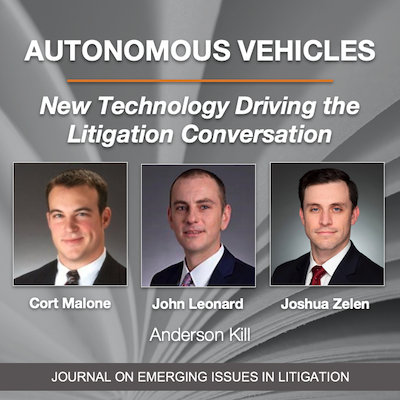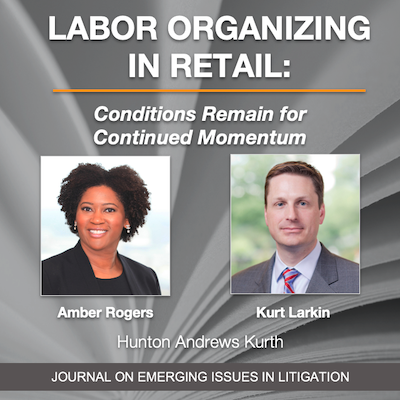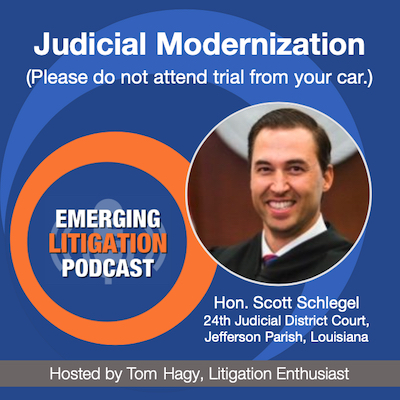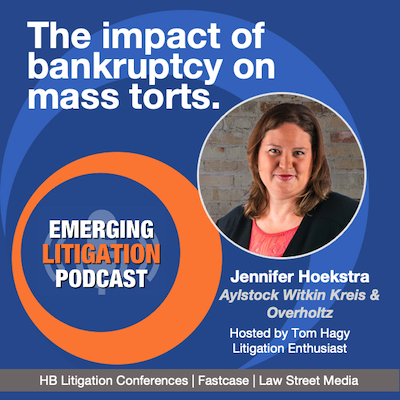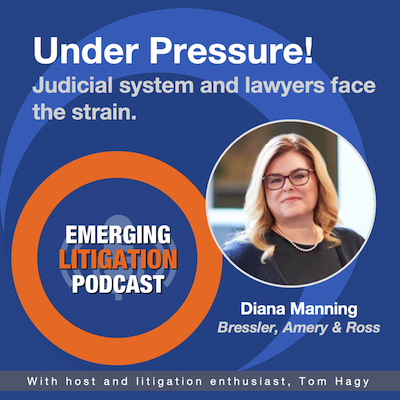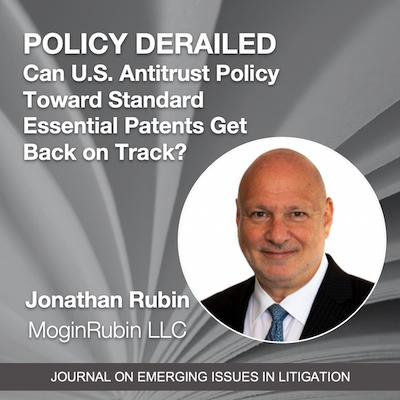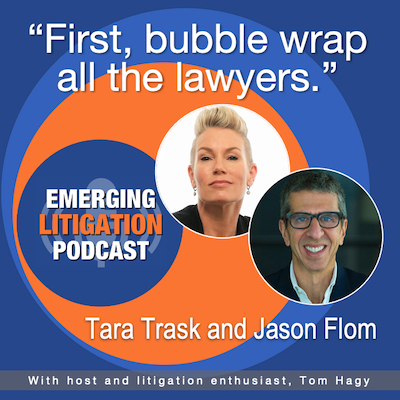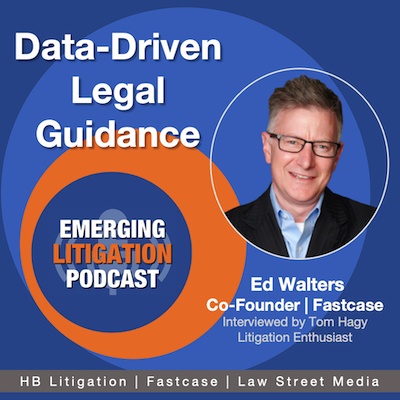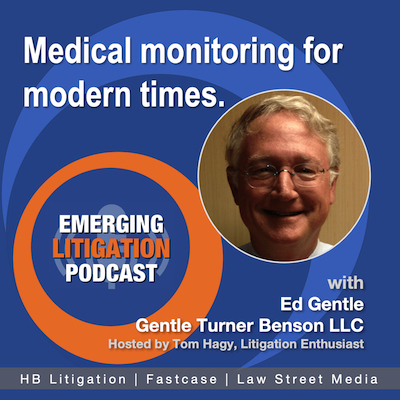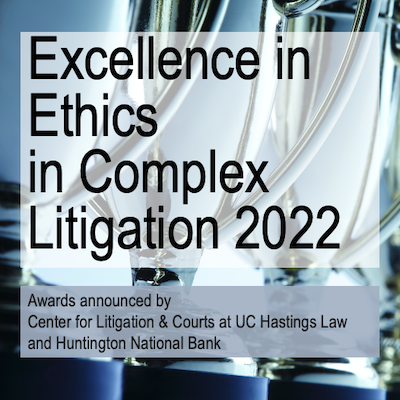Business vs Business disputes, e.g., IP, fraud, contract breaches, antitrust, whistleblowers, M&A, trade secrets, poaching.
Supplier Beware: The DOJ & FTC Investigating Manufacturing & Supply Chains
The Author Jennifer M. Driscoll (jdriscoll@rc.com) is counsel with Robinson+Cole in New York where she focuses on investigations, litigation, arbitration, mergers, and counseling. She has extensive experience in the medical devices, pharmaceuticals, electronics, and automotive industries. Interviews with leading attorneys and other subject matter experts on new twists in the law and how the law is responding to new twists in the world. Supplier Beware: DOJ & FTC Investigating Manufacturing & Supply Chain Issues “Although competitors may attend trade association meetings, the company representative in attendance should be well versed on the line between lawful discussions and ruses to disguise unlawful collusion in violation of the Sherman Act.” Abstract: Challenged by the pandemic, the global supply chain has generated a heightened amount of scrutiny for its impact on the economy, the labor market, the delivery of goods and services, and national security. Attention from the Biden administration portends an era when the federal government will shine a spotlight on the supply chain to root out misconduct. In this article, the author reviews recent supply chain disruptions and reactions from the DOJ and FTC, as well as the government’s efforts to support competition in the labor markets by eliminating noncompete agreements in employment contracts. Finally, she discusses proactive steps companies can take to [...]

